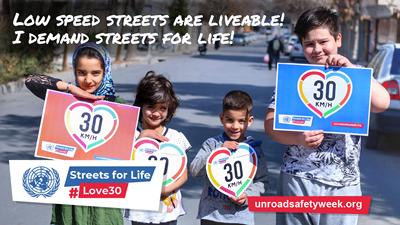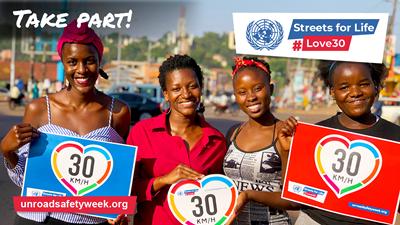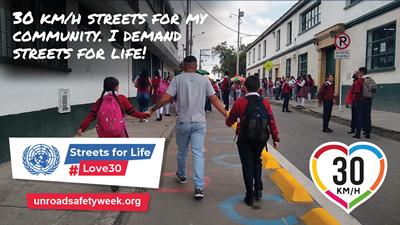Global research looking to reduce deaths on the road

This week is UN Global Road Safety week and for the past four years the University of Southampton has led an international research team to explore why so many people continue to die on the roads around the world.
Road traffic collisions kill around 1.35 million people every year, 93% of these occur in low- and middle-income countries, despite those settings having lower rate of vehicle use - 60% of the world’s vehicles compared to 81% of the world’s population. Despite this, the majority of road safety research is undertaken in high-income countries.
Whereas traditionally research into collisions has focussed on the road users’ immediate environments, the SocioTechnical Approach to Road Safety (STARS) project has taken a broader perspective, looking into the wider social, cultural, economic, and regulatory factors that influence people’s behaviour on the roads.

This has included a study showing how belief in factors such as luck and fatalism affect attention lapses, rule violations, and aggressive behaviours in pedestrians. Importantly this study found that results differ across countries, for example in Bangladesh and Kenya, stronger religious beliefs were associated with safer attitudes and behaviours, whereas the opposite was true in countries such as Vietnam and Thailand.
Their research has been funded by UK Overseas Development Assistant funding and is a partnership with other universities in Bangladesh, China, Kenya, Vietnam, Ecuador and Brazil who have all undertaken research into road safety in their countries, aiming to improve safety and reduce the number of lives lost.
“One of the Sustainable Development Goals of the UN’s Agenda 2030 was to halve deaths and injuries from road traffic crashes by 2020 but it is clear that this has not been achieved,” said Dr Rich McIlroy, Senior Research Fellow in Transportation and Human Factors at the University of Southampton.
Through its research, the STARS project has shed light on the way pedestrian behaviour in Bangladesh is shaped by use of the environment around the roads, for example the presence of street vendors occupying pavement space, building debris blocking passageways, and unsafe footbridges in poor states of repair. They have also learned how drivers of matatus (public service minivans) in Kenya are pressured into driving fast and filling their vehicles beyond safe capacity in order to collect as many fares as possible, something that is encouraged by the nature of wider employment and pay structures.
They have also taken a ‘top down’ approach in order to build a whole-system picture of the road transport domain and identify areas for targeted interventions. Road safety policy makers and practitioners as well as traffic police officers have been trained in the methods used, and in ‘systems thinking’ more generally, so that the techniques can be applied long after the end of the project.
“We want to move away from root cause and blame culture towards an understanding of system failure as a complex web of factors that are best addressed at policy, management, and legal framework levels. To this end, we have designed and are starting to test a new, systems-based collision reporting system. This is something we will continue into the future, building on the partnerships we have developed, and further strengthening systems and road safety research capacity in our partner institutions,” explains Dr McIlroy.
